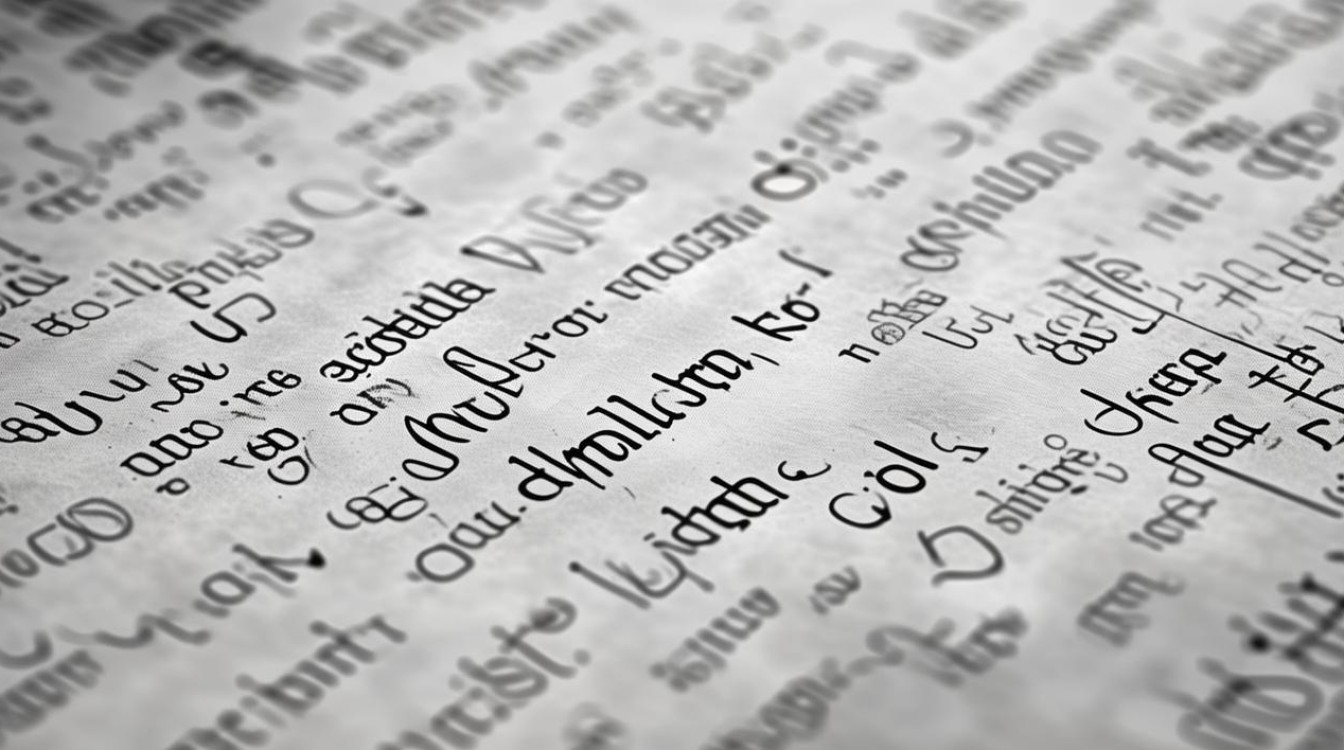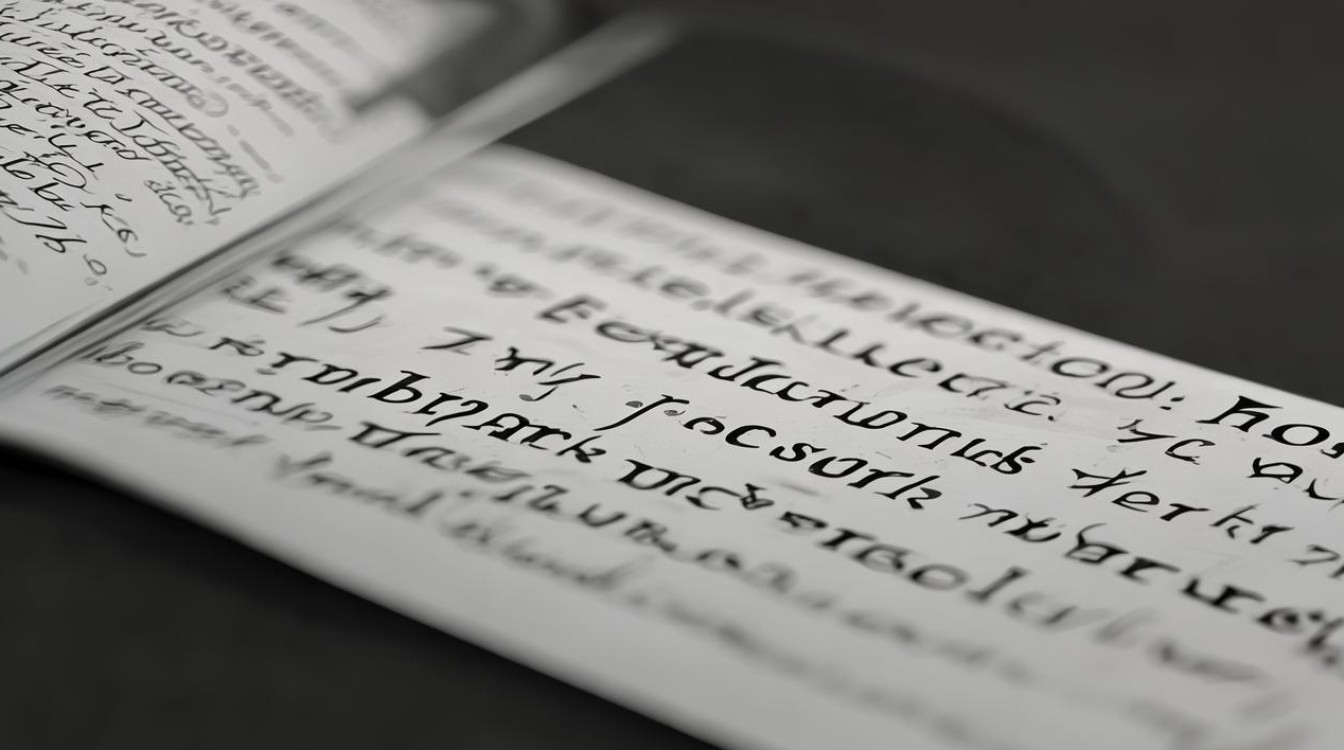英语中有许多拼写相近但含义不同的单词,容易让人混淆,掌握这些相似单词的正确写法,不仅能提升书面表达的准确性,还能避免误解,本文将介绍常见的易混淆单词,并提供记忆技巧,帮助你在写作和考试中减少错误。

Affect vs. Effect
-
Affect(动词):表示“影响”或“感染”。
- 例句:The weather can affect your mood.(天气会影响你的情绪。)
-
Effect(名词):表示“效果”或“结果”。
- 例句:The new law had a positive effect on the economy.(新法律对经济产生了积极影响。)
记忆技巧:
- Affect 是 Action(动作),而 Effect 是 End result(最终结果)。
Their vs. There vs. They’re
-
Their(所有格):表示“他们的”。
- 例句:This is their house.(这是他们的房子。)
-
There(副词/代词):表示“那里”或“存在”。
- 例句:Put the book over there.(把书放在那边。)
-
They’re(缩写):是“they are”的缩写。
- 例句:They’re coming to the party.(他们要来参加派对。)
记忆技巧:
- Their 包含“heir”(继承人),表示所有权。
- There 包含“here”(这里),表示地点。
- They’re 是缩写,可以拆分成“they are”来验证。
Your vs. You’re
-
Your(所有格):表示“你的”。
- 例句:Is this your bag?(这是你的包吗?)
-
You’re(缩写):是“you are”的缩写。
- 例句:You’re doing a great job.(你做得很好。)
记忆技巧:
- 如果可以用“you are”替换,就用 you’re,否则用 your。
Its vs. It’s
-
Its(所有格):表示“它的”。
- 例句:The cat licked its paw.(猫舔了舔它的爪子。)
-
It’s(缩写):是“it is”或“it has”的缩写。

- 例句:It’s raining outside.(外面在下雨。)
记忆技巧:
- It’s 可以拆分成“it is”或“it has”来验证。
Then vs. Than
-
Then(副词):表示“或“那时”。
- 例句:We went to the park, and then we had lunch.(我们去了公园,然后吃了午饭。)
-
Than(连词):用于比较。
- 例句:She is taller than her brother.(她比她哥哥高。)
记忆技巧:
- Then 与时间相关(“when”也是时间词)。
- Than 用于比较(“compare”中有“a”)。
Accept vs. Except
-
Accept(动词):表示“接受”。
- 例句:She decided to accept the job offer.(她决定接受这份工作。)
-
Except(介词):表示“除了”。
- 例句:Everyone was invited except John.(除了约翰,所有人都被邀请了。)
记忆技巧:
- Accept 与“approve”(批准)类似,表示同意。
- Except 与“exclude”(排除)相关。
Principal vs. Principle
-
Principal(名词/形容词):表示“校长”或“主要的”。
- 例句:The principal of the school gave a speech.(校长发表了演讲。)
-
Principle(名词):表示“原则”或“准则”。
- 例句:Honesty is an important principle in life.(诚实是人生的重要准则。)
记忆技巧:
- Principal 可以联想为“the principal is your pal”(校长是你的朋友)。
- Principle 与“rule”(规则)相关。
Stationary vs. Stationery
-
Stationary(形容词):表示“静止的”。
- 例句:The car remained stationary at the traffic light.(汽车在红绿灯前静止不动。)
-
Stationery(名词):表示“文具”。

- 例句:She bought some beautiful stationery for her letters.(她买了一些漂亮的信纸。)
记忆技巧:
- Stationary 中的“a”可以联想为“at rest”(静止)。
- Stationery 中的“e”可以联想为“envelope”(信封)。
Compliment vs. Complement
-
Compliment(名词/动词):表示“赞美”。
- 例句:She gave me a nice compliment on my dress.(她称赞了我的裙子。)
-
Complement(名词/动词):表示“补充”或“配套”。
- 例句:The wine complements the meal perfectly.(这款酒与这顿饭完美搭配。)
记忆技巧:
- Compliment 与“nice words”(好话)相关。
- Complement 与“complete”(完成)相关。
Lose vs. Loose
-
Lose(动词):表示“丢失”或“输掉”。
- 例句:Don’t lose your keys.(别把钥匙弄丢了。)
-
Loose(形容词):表示“松的”。
- 例句:The screw is loose.(螺丝松了。)
记忆技巧:
- Lose 只有一个“o”,表示“丢失了东西”。
- Loose 有两个“o”,像松开的圈。
Advice vs. Advise
-
Advice(名词):表示“建议”。
- 例句:She gave me some good advice.(她给了我一些好建议。)
-
Advise(动词):表示“建议”。
- 例句:I advise you to study harder.(我建议你更努力学习。)
记忆技巧:
- Advice(名词)与“ice”(冰)同韵。
- Advise(动词)与“size”(尺寸)同韵。
Desert vs. Dessert
-
Desert(名词/动词):表示“沙漠”或“抛弃”。
- 例句:The Sahara is a huge desert.(撒哈拉是一片巨大的沙漠。)
-
Dessert(名词):表示“甜点”。

- 例句:I love chocolate dessert.(我喜欢巧克力甜点。)
记忆技巧:
- Dessert 比 desert 多一个“s”,因为甜点更“甜”(sweet)。
Peace vs. Piece
-
Peace(名词):表示“和平”。
- 例句:We all hope for world peace.(我们都希望世界和平。)
-
Piece(名词):表示“一块”或“碎片”。
- 例句:Can I have a piece of cake?(我能要一块蛋糕吗?)
记忆技巧:
- Peace 与“calm”(平静)相关。
- Piece 与“part”(部分)相关。
Break vs. Brake
-
Break(动词/名词):表示“打破”或“休息”。
- 例句:Don’t break the glass.(别打碎玻璃。)
-
Brake(名词/动词):表示“刹车”。
- 例句:He hit the brake to stop the car.(他踩刹车停车。)
记忆技巧:
- Break 与“smash”(打碎)相关。
- Brake 与“car”(汽车)相关。
Weather vs. Whether
-
Weather(名词):表示“天气”。
- 例句:The weather is nice today.(今天天气很好。)
-
Whether(连词):表示“是否”。
- 例句:I don’t know whether he will come.(我不知道他是否会来。)
记忆技巧:
- Weather 与“rain”(雨)相关。
- Whether 用于选择,类似于“if”。
掌握这些相似单词的正确写法,能显著提升英语表达的准确性,建议在日常阅读和写作中多加练习,逐步减少混淆。


